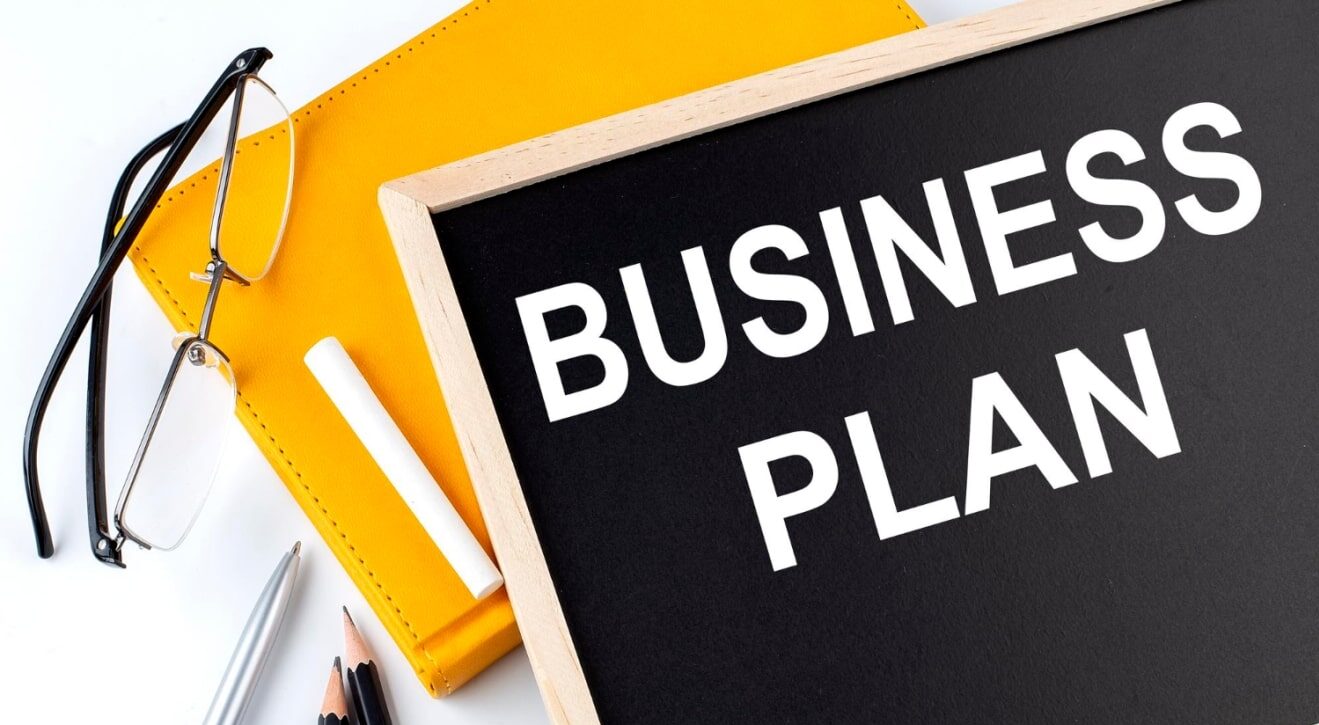The Future of Supply Chains: Blockchain for Transparency & Security

Introduction: The Supply Chain Challenge
The modern global supply chain is a complex web of suppliers, manufacturers, distributors, and retailers, all working to deliver goods to consumers. However, the lack of transparency often results in inefficiencies, fraud, and environmental harm. Businesses and consumers alike demand solutions that ensure accountability, traceability, and sustainability. Enter blockchain technology—a groundbreaking innovation poised to transform supply chains by fostering trust, reducing costs, and enhancing visibility.
What is Blockchain Technology?
Blockchain is a decentralized digital ledger that records transactions across multiple computers. It operates on principles of transparency, immutability, and security, ensuring that once data is recorded, it cannot be altered.
Key Features of Blockchain:
- Decentralization: Data isn’t stored in one central location, reducing vulnerability.
- Immutability: Data entries are permanent and tamper-proof.
- Transparency: All participants in a blockchain network can access transaction data.
- Smart Contracts: Automated contracts execute predefined actions when conditions are met.
These features make blockchain an ideal fit for tackling supply chain challenges.
Why Transparency is Critical in Supply Chains
Transparency in supply chains ensures that every product’s journey—from raw materials to the final customer—is traceable and accountable.
Key Benefits of Supply Chain Transparency:
- Ethical Sourcing: Consumers can verify that materials are responsibly sourced.
- Reduced Fraud: Blockchain eliminates opportunities for document tampering or false reporting.
- Sustainability: Companies can track environmental impact and enforce green initiatives.
- Customer Trust: Transparent operations build brand loyalty and reduce reputational risks.
Despite these benefits, achieving transparency in traditional supply chains remains daunting due to siloed data and manual processes.
Blockchain for Supply Chain Transparency: How It Works
Blockchain integrates seamlessly into supply chains, addressing inefficiencies while boosting trust. Here’s how it operates:
1. Tracking and Traceability
Blockchain provides a single source of truth for all supply chain participants. Each product’s lifecycle is documented in real-time, allowing stakeholders to trace its journey back to the origin.
Example: A coffee retailer can verify the origin of beans, confirming they were sourced ethically from certified farms.
2. Enhanced Data Security
Sensitive data, such as shipping schedules or supplier agreements, can be stored securely on blockchain. Encryption ensures that only authorized parties access the information.
3. Real-time Updates
Blockchain-enabled IoT devices, such as sensors, can feed live data (e.g., temperature or location) into the system. This is especially critical for industries like pharmaceuticals or food where conditions impact product integrity.
4. Eliminating Middlemen
By removing intermediaries, blockchain reduces costs and ensures quicker resolution of disputes. Automated smart contracts execute payments or penalties based on predefined conditions.
Industries Transforming with Blockchain Supply Chains
1. Food and Beverage
Blockchain ensures that food products meet safety standards, offering end-to-end traceability. It can prevent contamination by identifying issues quickly.
Example: Walmart uses blockchain to track leafy greens, reducing the time to identify contaminated batches from seven days to seconds.
2. Fashion and Apparel
The fashion industry grapples with ethical issues, including labor exploitation and counterfeit goods. Blockchain verifies authenticity and ensures fair labor practices.
3. Pharmaceuticals
Blockchain combats counterfeit drugs by providing an immutable record of production, shipment, and storage conditions.
4. Electronics
Consumers demand ethically sourced materials in electronics. Blockchain ensures that minerals like cobalt are sourced responsibly.
Real-world Examples of Blockchain Adoption
1. IBM Food Trust
IBM’s blockchain-based solution has revolutionized food supply chains. Retailers like Carrefour and Walmart use it to enhance traceability and ensure food safety.
2. Provenance
This blockchain startup allows brands to showcase the journey of their products, enabling customers to make informed purchase decisions.
3. Maersk and TradeLens
Shipping giant Maersk employs TradeLens, a blockchain-based platform, to streamline logistics and reduce paperwork.
Challenges in Implementing Blockchain in Supply Chains
While blockchain holds immense potential, businesses face hurdles in adoption:
1. High Initial Costs
Integrating blockchain into existing systems requires significant investment.
2. Lack of Standardization
The absence of industry-wide standards complicates collaboration across supply chains.
3. Scalability Issues
Blockchain networks can struggle to handle large transaction volumes efficiently.
4. Regulatory Concerns
Data privacy laws and regulations vary across countries, complicating cross-border supply chains.
Despite these challenges, technological advancements and growing demand for transparency are driving adoption forward.
The Future of Blockchain in Supply Chains
The next decade will witness blockchain becoming a cornerstone of supply chain management. Advancements in interoperability, AI integration, and decentralized finance (DeFi) will amplify its capabilities.
Emerging Trends:
- AI-powered Analytics: AI and blockchain together will enable predictive analytics for better decision-making.
- Tokenization: Digital tokens can represent goods, enabling seamless trade and payment.
- Green Supply Chains: Blockchain will enhance carbon tracking and reporting, encouraging eco-friendly practices.
As blockchain matures, its adoption will likely become a necessity rather than a competitive edge.
Conclusion: The Time for Blockchain is Now
Blockchain technology is revolutionizing supply chains by offering unparalleled transparency, security, and efficiency. Businesses that embrace this innovation not only reduce risks and costs but also cater to the growing consumer demand for accountability. From ensuring food safety to combating counterfeit goods, blockchain is paving the way for a more trustworthy global trade network. For companies looking to stay ahead, now is the time to invest in blockchain-powered supply chains.



